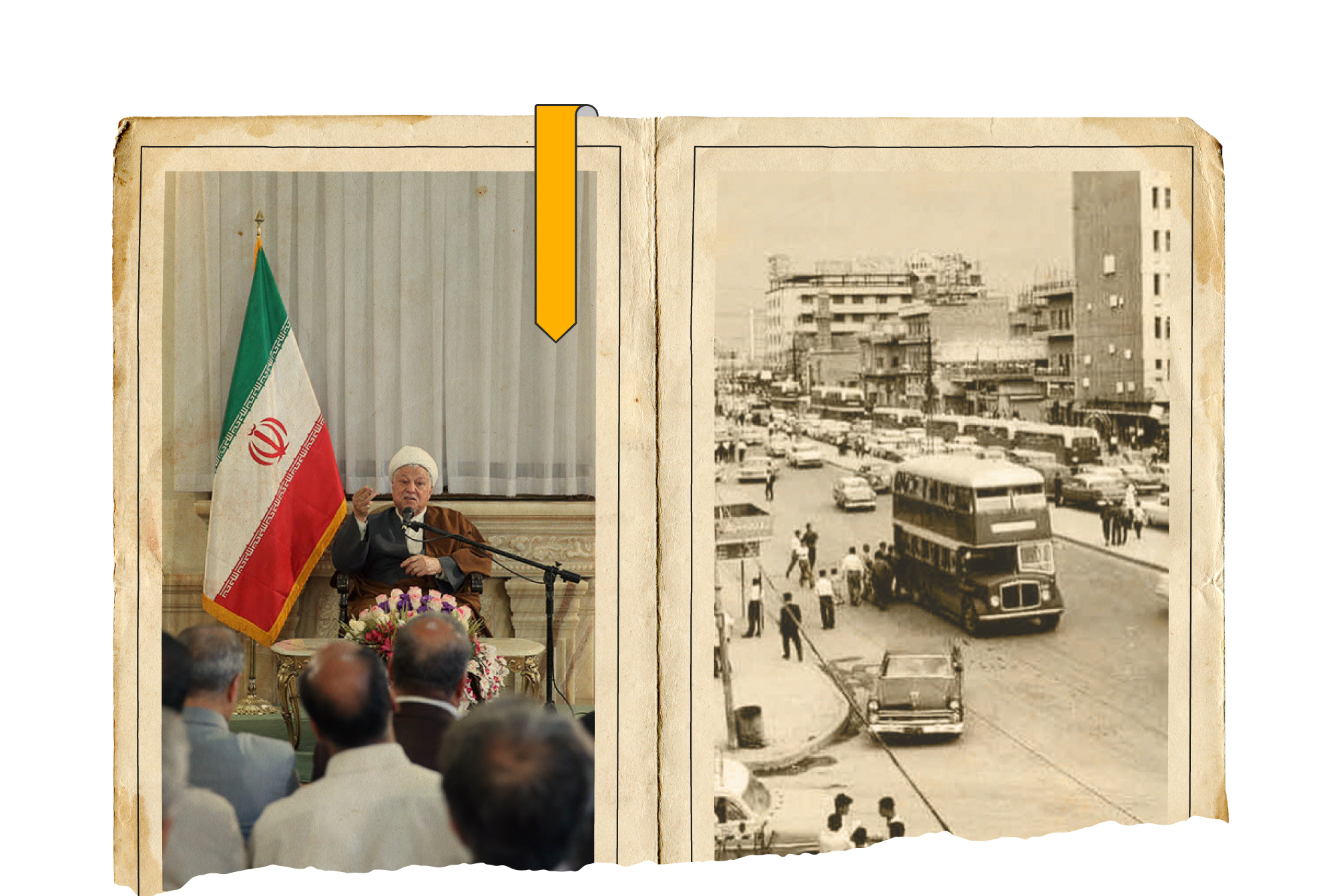
Grave shift in the strategic environment of the region
After the West enabled Iran to interfere politically in Iraq's affairs
In the history of Iraq, Ibn Al-Alqami was not just a passing man, as much as he was an idea that did not die but was repeated for a long time. For every calamity that strikes the Arab and Islamic nation, you will find Iran behind, in front of or around it, with dozens of Ibn Al-Alqami lurking in the heart of any conspiracy against the Arab nation. Therefore, with every calamity, search for a conspirator and you will find a lead to Iran.
In all strategies that seek to drain the Arab and Islamic world, or exhaust and blackmail its regimes, or try to subjugate them, you will find Iran the tweezers moved to achieve the West’s projects in the region, especially since the Persian hostility to the Arabs has transcended the pragmatic-reconciliatory dimension to rise to the level of doctrinal and existential hostility to all that is Arab.
In this context, Persian-Western alliance formed a constant path in Iran’s foreign relations since ancient times, especially in the face of Arab Muslims. Historically, according to Al-Tabari, when Khalid bin Al-Walid went to Iraq: ” Muslims gathered and Romans were enraged and sought the help of those who followed it from the armed Persians”.
It can be said that the various stages of Iranian penetration in the region took place with Western blessing, especially since the West did not see in Iran that existential enemy whose danger it feared, despite its continued adoption of a strategy of balance of power in the region in order to avoid the bullying of one party over the other, thus controlling the fate of the region by involving it in regional conflicts that increase its exhaustion and need for Western support.
Manifestations of the Iranian-Western alliance, which resulted in the annexation of some Arab states to Iranian influence, are many and varied. The most recent of these alliances remains what happened on the occasion of the war on Iraq. It can be asserted, regarding the Iraqi case, that Iran would not have dreamt of seizing the capital of the Abbasid state had it not been for the American blessing. The latter used the Iranian bridge and its fifth column in Iraq to overthrow the rule of Saddam Hussein, who did not deal with the neighboring countries as required by neighborhood rights and morals. He fell with great stupidity into the trap set for him by the West, when the poor man believed that America could bless his expansionist projects in Kuwait.
The Persian dream, changing the reality of the Arab region from equality to submission.

The fall of Iraq led to a dangerous shift in the strategy of the region with the collapse of the impenetrable Iraqi wall in the face of Persian projects. Iran succeeded in the process of political expansion and institutional penetration, which led to Iraq becoming a vital field for Iran, and the center of political decision-making moved from Baghdad to Tehran.
Modern colonial mentality shifted from adopting “direct colonialism” to “indirect colonialism”, where controlling the goods of states took precedence over controlling the land. On the other hand, the mullahs are still clinging to the dream of subjugating the land in exchange for giving up a large part of the region’s resources to the West. Here both ends met: the West’s materialistic goal and Iran’s expansionist goal. Thus, the alliance between both parties in Iraq was a prelude to targeting what is much broader and farther from Iraq.
Head of the Expediency Discernment Council of the System, Ali Hashemi Rafsanjani, has previously confirmed this Iranian-American alliance when he confirmed in one of his Friday sermons that alliance in Afghanistan, by saying: “If it weren’t for the Iranian People’s Army that contributed to defeating Taliban, America would have drowned in the quagmire”. It is certain that Iranian support For America is not for free, which is confirmed by facts on the ground and the approved American writings that elevated Iran to the level of the “geopolitical axis” that must be supported in the face of all attempts that may lead to its downfall or implosion from within.
In the same regard, Kingdom of Saudi Arabia has warned since (2002) against the growing influence of Iran in the region and confirmed that it seeks to change the political equation by building an advanced base of support in Iraq, as a prelude to the establishment of a Shiite crescent emanating from its lands, then extending to Iraq, Syria and Lebanon, which is the strategic adoption that will be validated by the events less than a decade from this date. As a result, the Saudi reading was validated and Iraq turned into a vital field for Iran, despite the fierce resistance led by the Arab component in Iraq, in its Sunni and Shiite parts. Perhaps the state of discontent with Iran in Iraq, Syria, Lebanon and Yemen is due to the entrenched conviction among the peoples of these states that “the crises are the direct result of its (Iran’s) unbridled ambitions, which aim to control the region, by sowing the seeds of sectarian divisions and forming powerful armed Shiite factions in the region.


1. Ahmad Haqqi, Nature and Forms of Alliance and Cooperation Through Different Ages between Iran and the West (Amman: Dar Ammar, 2013).
2. Afshan Estwar, “Sectarian Dilemmas in Iranian Foreign Policy: When Identity Politics Collide with Strategy”, a study published on Malcolm Kerr-Carnegie website on 30 November 2016.
3. Sayed Mousavi, “Iran and the West… a confrontation between policies”, Center for Strategic Studies, p. 122 (2006).
4. Muhammad Al-Obaidi, “Iranian Political System and the Challenges of Relationship with the West 1979-2008”, Journal of Regional Studies, University of Mosul, Vol. 6, Issue 17 (2010).

